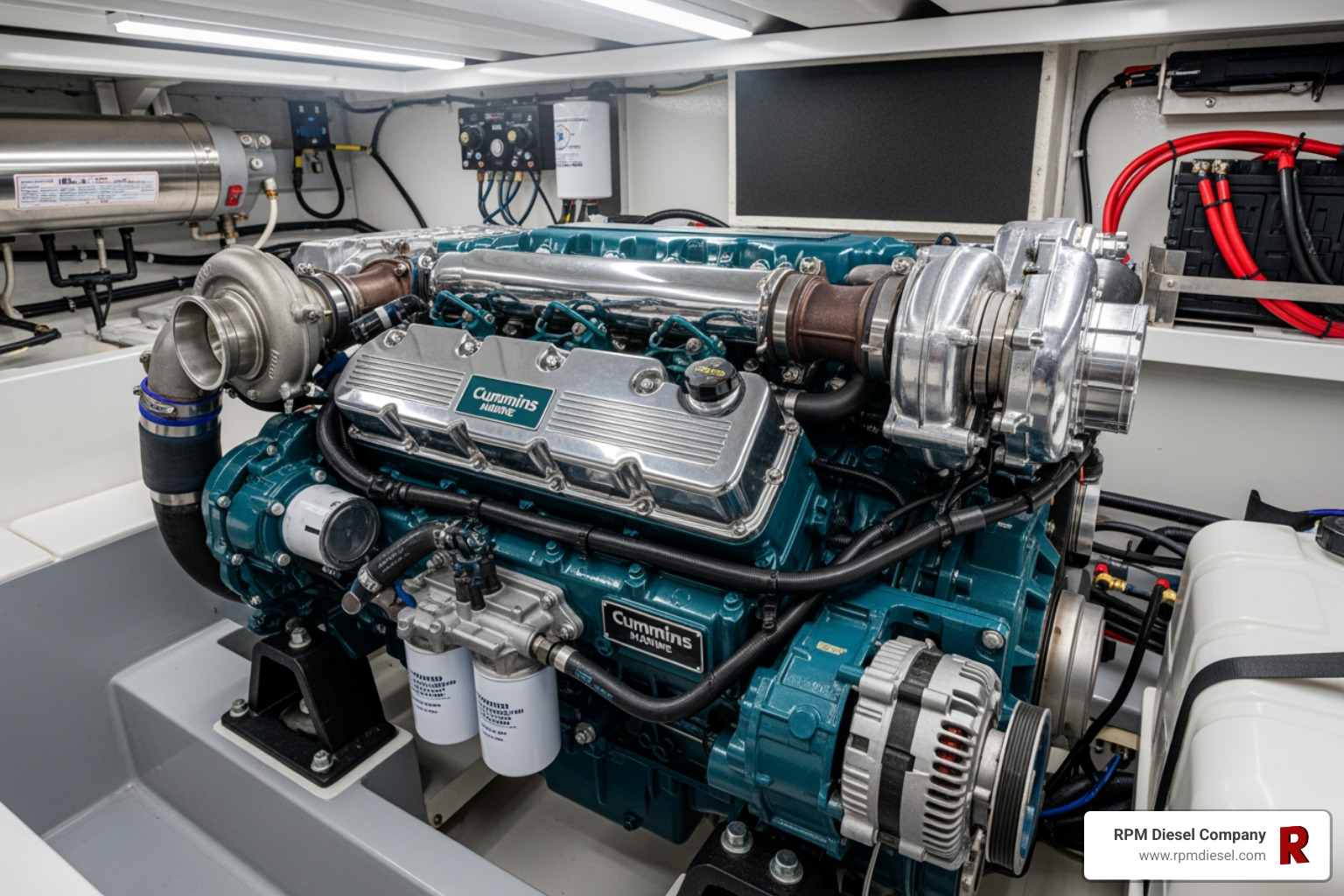Fuel is a necessary component for any diesel engine, so in the interest of cutting long-term costs, many businesses and individuals choose to buy their supplies in bulk. While this approach certainly seems to make financial sense in the short term, the excess fuel will of course require long term storage, a considerable expense in and of itself. Adding to the further cost of fuel storage is the risk of storing it for too long, leading to the fuel’s expiration. This liability does not just apply to diesel fuel stored in barrels for later use, but also applies to the unused fuel that sits stagnant in the tank of your vessel. Whereas diesel fuel formulas of the past used to have extended storage shelf-lives of several years, new environmental regulations have forced these formulas to change. While the reduction of sulphuric compounds in modern diesel fuels has had a positive impact on their environmental stability, it has also reduced the lifespan of stored diesel fuel to less than a year on average (without some form of fuel treatment). But what makes modern diesel fuel susceptible to expiration? And what can be done about it? RPM Diesel has the answers!
Diesel fuel can go bad for several reasons, but the most common factor is the environment. When the fuel is exposed to environmental factors, the natural processes which lower the fuel’s quality accelerate exponentially. The most common of these environmental factors is water. Newer diesel fuel formulas often contain varying amounts of biodiesel, which naturally contains more water. If not isolated from the fuel, this water can course its way into the engine’s fuel injectors – if even the smallest amount of water makes its way into a high pressure common rail fuel system, now more popular than ever, the damage to the engine could be extensive and costly. This water can also encourage the proliferation of algae, which can clog the fuel system and leave your engine with even more damage to be repaired. The lower sulphur content of newer fuels allows for these algaes to spread faster than ever before. For these reasons, water should be drained from your diesel fuel storage tanks once a week. Keeping the tank as full as possible will also help to reduce the buildup of harmful condensation inside. Oxygen can also be a fatal factor for the lifespan of stored diesel fuel. As the fuel expires, exposure to oxygen also causes gunk and sediment to form. This can block up your fuel filters, stall your vessel’s engine, and lead to carbon deposits forming in your engine’s fuel injectors. Expired fuel that is full of sediment will not burn properly, causes your engine to emit black smoke, and may even cause the unit to fail completely if the fuel’s quality is compromised enough.
So does Diesel fuel go bad? Unfortunately, yes. However, by remembering the information above and keeping up with your diesel engine‘s regular maintenance schedule, you can be sure to avoid the unpleasant and costly experience of dealing with expired fuel. Remember, environmental factors such as air, water, light, and heat can all speed up the natural processes by which fuel expires, so in a place like South Florida, remembering this information is especially important.






